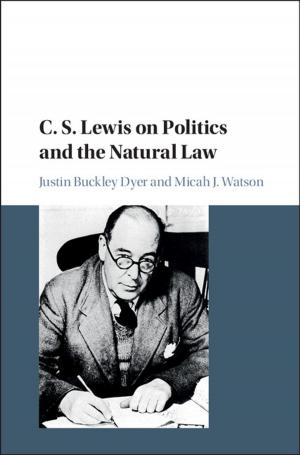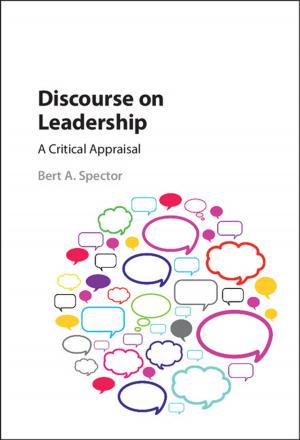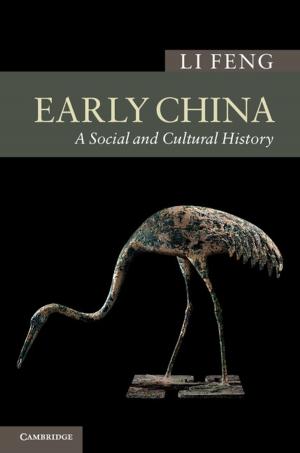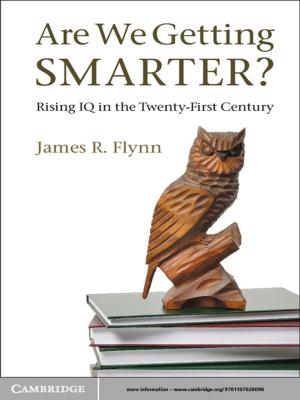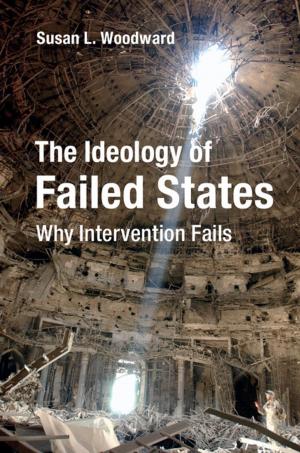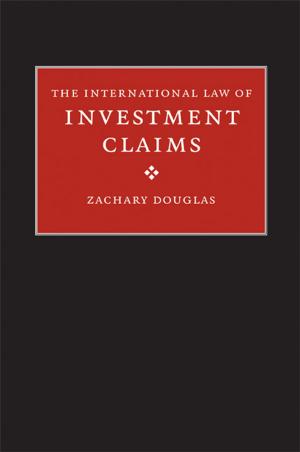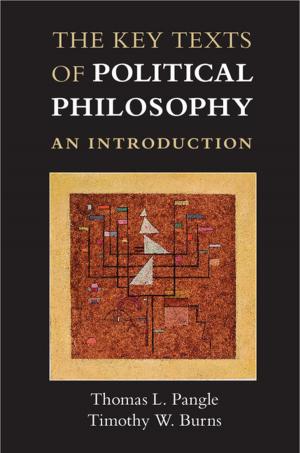Rulers, Religion, and Riches
Why the West Got Rich and the Middle East Did Not
Business & Finance, Economics, Economic Development, Nonfiction, History| Author: | Professor Jared Rubin | ISBN: | 9781108165068 |
| Publisher: | Cambridge University Press | Publication: | February 16, 2017 |
| Imprint: | Cambridge University Press | Language: | English |
| Author: | Professor Jared Rubin |
| ISBN: | 9781108165068 |
| Publisher: | Cambridge University Press |
| Publication: | February 16, 2017 |
| Imprint: | Cambridge University Press |
| Language: | English |
For centuries following the spread of Islam, the Middle East was far ahead of Europe. Yet, the modern economy was born in Europe. Why was it not born in the Middle East? In this book Jared Rubin examines the role that Islam played in this reversal of fortunes. It argues that the religion itself is not to blame; the importance of religious legitimacy in Middle Eastern politics was the primary culprit. Muslim religious authorities were given an important seat at the political bargaining table, which they used to block important advancements such as the printing press and lending at interest. In Europe, however, the Church played a weaker role in legitimizing rule, especially where Protestantism spread (indeed, the Reformation was successful due to the spread of printing, which was blocked in the Middle East). It was precisely in those Protestant nations, especially England and the Dutch Republic, where the modern economy was born.
For centuries following the spread of Islam, the Middle East was far ahead of Europe. Yet, the modern economy was born in Europe. Why was it not born in the Middle East? In this book Jared Rubin examines the role that Islam played in this reversal of fortunes. It argues that the religion itself is not to blame; the importance of religious legitimacy in Middle Eastern politics was the primary culprit. Muslim religious authorities were given an important seat at the political bargaining table, which they used to block important advancements such as the printing press and lending at interest. In Europe, however, the Church played a weaker role in legitimizing rule, especially where Protestantism spread (indeed, the Reformation was successful due to the spread of printing, which was blocked in the Middle East). It was precisely in those Protestant nations, especially England and the Dutch Republic, where the modern economy was born.

